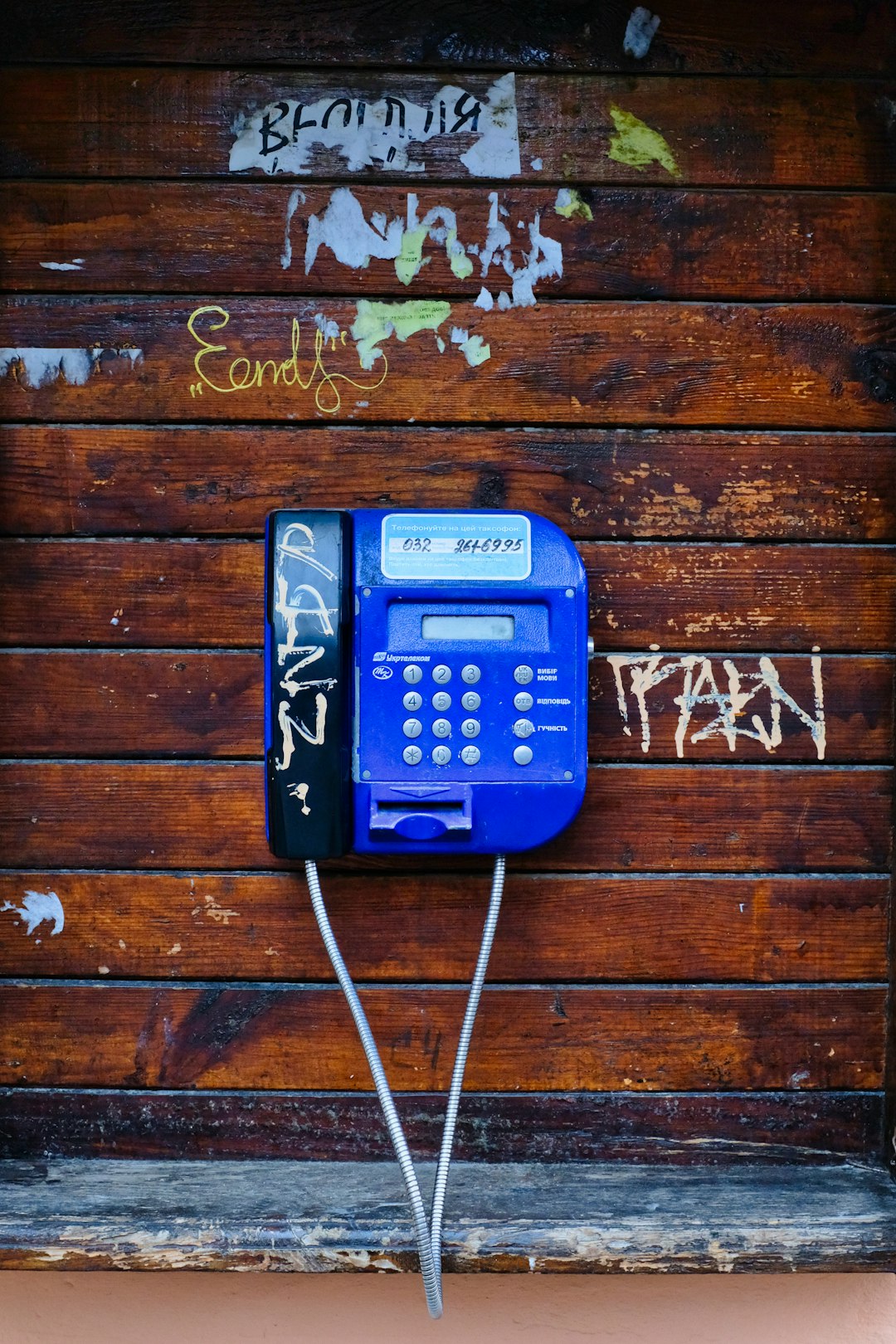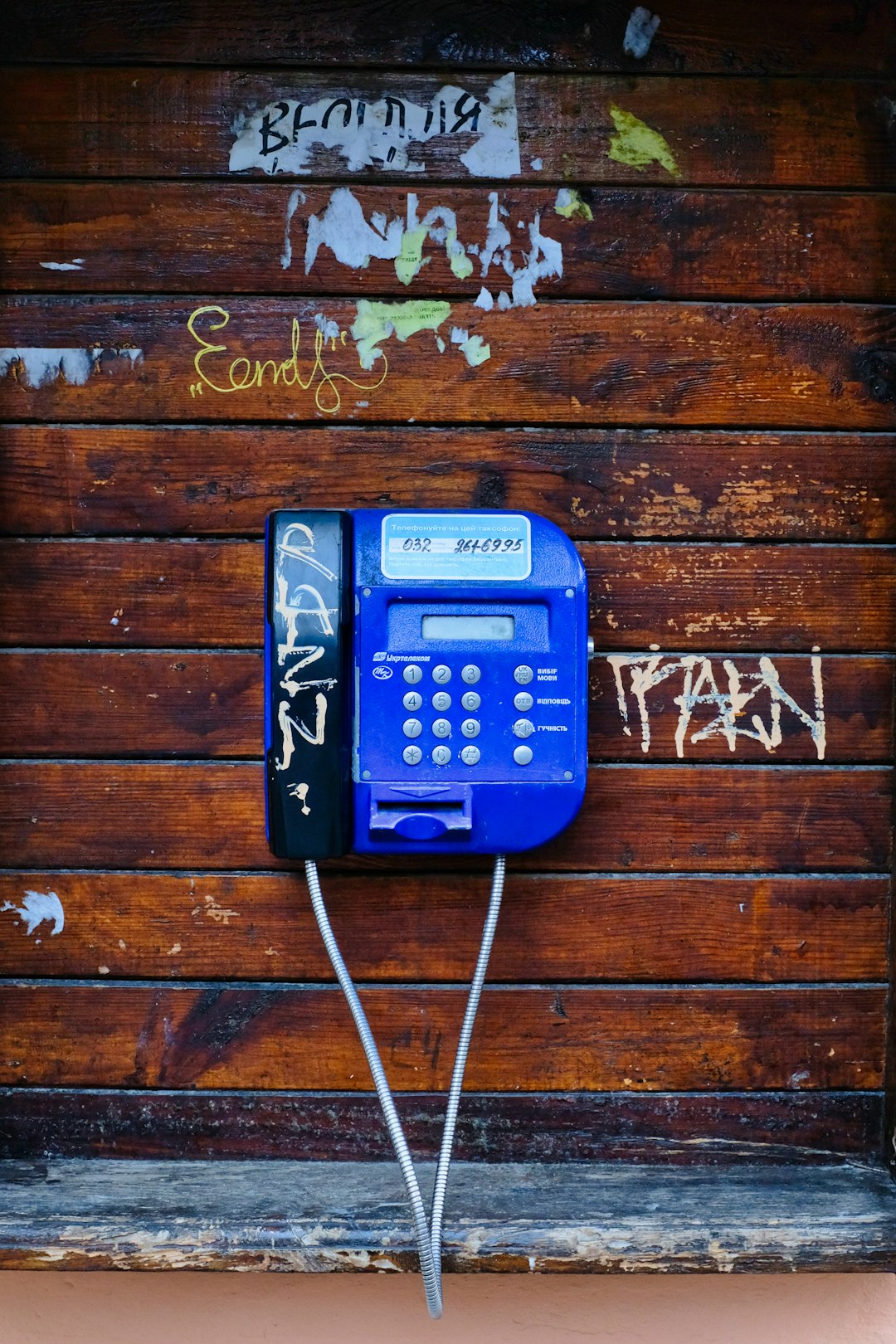In Ohio, both debtors and debt collectors are protected by stringent consumer laws, including the Fair Debt Collection Practices Act (FDCPA). Debt collectors must respect privacy, avoid harassing calls, provide written debt validation within 30 days, and refrain from abusive language or false information. Debtors have the right to verify and contest debts, halting contact until issues are resolved. Violations can lead to severe legal consequences, including monetary compensation and attorney fees, enforced by the Consumer Financial Protection Bureau (CFPB) and state regulators. Understanding these debt collector laws is crucial for fairness and protection in Ohio.
In Ohio, debt collector phone call restrictions are designed to protect consumers from aggressive collection tactics. This article provides an in-depth overview of these laws, covering when and how debt collectors can contact you, your rights as a debtor, and potential consequences for violating these restrictions. Understanding these regulations is crucial for navigating the complex relationship between debtors and collectors in Ohio.
Understanding Debt Collector Laws in Ohio: An Overview

In Ohio, debt collectors are bound by a set of consumer protection laws designed to safeguard individuals from aggressive or unfair collection practices. The Fair Debt Collection Practices Act (FDCPA) is a federal law that sets guidelines for how debt collectors must conduct themselves when contacting consumers. However, state laws like those in Ohio further refine and strengthen these protections. Understanding these regulations is crucial for both debtors and collectors alike to ensure compliance and maintain a fair and transparent collection process.
Ohio’s debt collector laws specifically address issues such as the time of day a collector can call, frequency of contact, and the information that must be disclosed during communication. Debtors have rights under these laws, including the right to verify the debt and contest its validity. Collectors are prohibited from using abusive, threatening, or harassing language, misrepresenting the amount owed, or providing false information about consequences for non-payment. Adhering to these guidelines fosters a more respectful and effective collection environment for all involved parties.
When and How Can Debt Collectors Contact You?

In Ohio, debt collectors are governed by strict laws that dictate when and how they can contact you. According to the Fair Debt Collection Practices Act (FDCPA), debt collectors must refrain from contacting consumers at unreasonable times or places, and they cannot harass, oppress, or abuse any person in connection with the collection of a debt. This means no calls before 8 am or after 9 pm, except under extenuating circumstances, such as to announce that they are closing the case or to inform you of a court hearing.
Debt collectors also must identify themselves and the company they represent when making contact, and they cannot discuss your debt with third parties, like neighbors or family members, unless permitted by law or you give explicit consent. Additionally, Ohio’s debt collection laws require collectors to provide written validation of the debt within 30 days after initial contact, including the name of the creditor and a breakdown of the outstanding balance.
Your Rights as a Debtor in Ohio

In Ohio, debt collectors must adhere to specific laws and regulations that protect debtors’ rights. According to the Fair Debt Collection Practices Act (FDCPA), debt collectors are prohibited from engaging in abusive, deceptive, or unfair practices when attempting to collect a debt. This includes making harassing phone calls, using false or misleading statements, and contacting individuals at inconvenient times, such as before 8 a.m. or after 9 p.m., on the assumption that these calls will cause emotional distress.
Ohio’s debt collection laws also give debtors the right to request validation of the debt, meaning they can demand proof from the collector that the debt is legitimate and that they are responsible for its repayment. Debtors further have the right to dispute the debt and request the cessation of contact from the collector until the dispute is resolved. Understanding these rights is crucial for anyone in Ohio facing debt collection efforts, as it empowers them to protect themselves from unfair or illegal practices.
What Happens If You Violate These Restrictions?

If a debt collector in Ohio violates these established restrictions, it can lead to serious legal consequences for both the collector and the company they represent. According to the Fair Debt Collection Practices Act (FDCPA), debtors have rights protected by law. If a debt collector harasses, uses abusive language, or threatens a debtor, the latter can file a complaint with the Consumer Financial Protection Bureau (CFPB) or take legal action under Ohio’s debt collection laws.
Violations may result in monetary damages for the debtor, including actual damages and punitive damages, as well as attorney fees. The CFPB and state regulators actively enforce these rules to protect consumers from aggressive or unfair debt collection practices. Debt collectors found guilty of breaking these restrictions can face significant fines and legal repercussions, making it crucial for both parties to understand their rights and responsibilities under Ohio’s debt collector laws.






